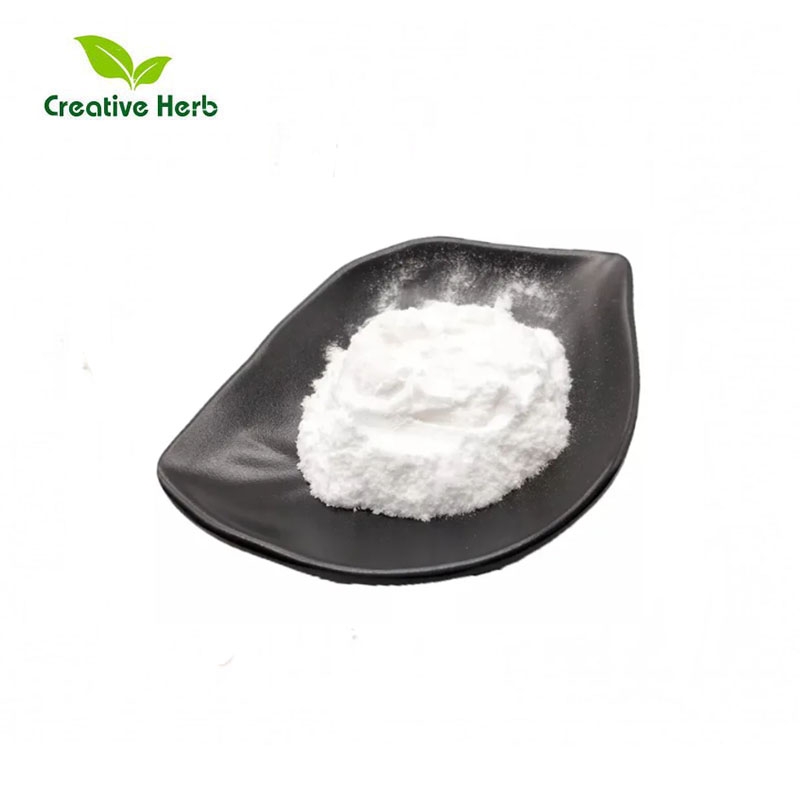JACS: it's not a dream to synthesize polymer to solve the problem of drug-resistant cancer cells!
-
Last Update: 2018-03-19
-
Source: Internet
-
Author: User
Search more information of high quality chemicals, good prices and reliable suppliers, visit
www.echemi.com
March 19, 2018 / BIOON / - cancer is still a fatal threat to 14 million people diagnosed every year around the world According to the American Cancer Society, the 5-year survival rate of cancer has increased steadily in the past 30 years, which has increased by nearly 70% However, current cancer therapies, such as traditional radiotherapy, usually kill normal cells Chemotherapy usually fails due to drug resistance caused by existing drug-resistant cells or induced drug-resistant cancer cells So drug resistance is a deadly blow, and it's one of the main goals of the cancer moon landing program launched by the U.S government Photo source: to solve this key problem, IBM scientist James L Together with scientists from the Institute of bioengineering and Nanotechnology (Ibn), the Institute of molecular and cellular biology (IMCB) and the Institute of genetics (GIS), Hendrick has developed a new synthetic polymer that can selectively kill cancer cells without affecting normal cells In the experiment, cancer cells will not be resistant to this new macromolecule, which will effectively kill cancer cells resistant to other drugs The research of James L Hedrick laboratory focuses on the anticancer potential of macromolecules (a polymer or polymer assembly), which can fight diseases with different mechanisms The study was published in the Journal of the American Chemical Society In this study, the researchers showed that polymers containing some positive groups can interact with negative charges on the surface of cancer cells Another characteristic of these macromolecules is that they can fuse with the cell membrane, thus making holes into the cells to kill the cancer cells from the inside In early tests, these molecules can fight against drug-resistant cancer cells and cancer stem cells, prevent cancer cells from migrating, and remain effective after a variety of drug treatments The research team aims to solve the long-term problems in cancer treatment, including drug resistance, too little drug enrichment in tumor tissue, low solubility of chemotherapy drugs, too fast clearance from the body, side effects, etc This study uses laboratory models to demonstrate the early therapeutic efficacy of these molecules, indicating that they are a potential therapeutic approach These macromolecules are designed to self assemble into nanoparticles, which can enter tumor tissue through porous blood vessels In this study, the outer shell of nanoparticles can prevent the interaction between nanoparticles and normal cells, which makes nanoparticles interact with negative cell membrane after reaching tumor tissue, leading to membrane destruction and killing cancer cells The authors also evaluated whether repeated use of the polymer would lead to drug resistance in cancer cells The results showed that the polymer was still effective after multiple treatments, and the cancer cells did not produce drug resistance In general, this macromolecule can overcome a series of problems encountered in conventional chemotherapy Although the researchers are excited about the results, they also realize that the research is still in its infancy, so they are looking for pharmaceutical companies to work with them to speed up the research of this polymer anti-cancer drug Reference: Nathaniel h Park et al Addressing drug resistance in cancer with macromolecular chemical agents, Journal of the American Chemical Society (2018) Doi: 10.1021/jacs.7b1468
This article is an English version of an article which is originally in the Chinese language on echemi.com and is provided for information purposes only.
This website makes no representation or warranty of any kind, either expressed or implied, as to the accuracy, completeness ownership or reliability of
the article or any translations thereof. If you have any concerns or complaints relating to the article, please send an email, providing a detailed
description of the concern or complaint, to
service@echemi.com. A staff member will contact you within 5 working days. Once verified, infringing content
will be removed immediately.







